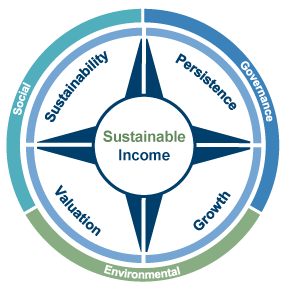GLG RI Sustainable Energy Transition
GLG RI Sustainable Energy Transition strategy is a bottom up, global long-short equity strategy focused on Energy Transition. The team will seek to reward industry leaders with credible plans to reduce emissions while engaging with laggards to promote a change in behaviour.* The team deliberately include the oil and gas sector, in order to accelerate the transition to cleaner energy.
- Managed by Firmino Morgado (+25 years’ experience) and Filipe Bergana (+15 years’ experience)
- Multi-discipline, cross-sector approach built on experience from other transition processes
- Responsible, sustainable approach to Energy Transition that allocates capital to drive change
- Rewarding leaders with credible plans to reduce emissions while engaging with laggards to promote a change in behaviour*
- We believe the strategy has a contrasting approach from other ESG strategy’s which outright avoid contentious – although crucial – sectors
*The companies that the team view as leaders will be considered for the long book whilst the companies viewed as laggards will be considered for the short book.



You are now exiting our website
Please be aware that you are now exiting the Man Group website. Links to our social media pages are provided only as a reference and courtesy to our users. Man Group has no control over such pages, does not recommend or endorse any opinions or non-Man Group related information or content of such sites and makes no warranties as to their content. Man Group assumes no liability for non Man Group related information contained in social media pages. Please note that the social media sites may have different terms of use, privacy and/or security policy from Man Group.